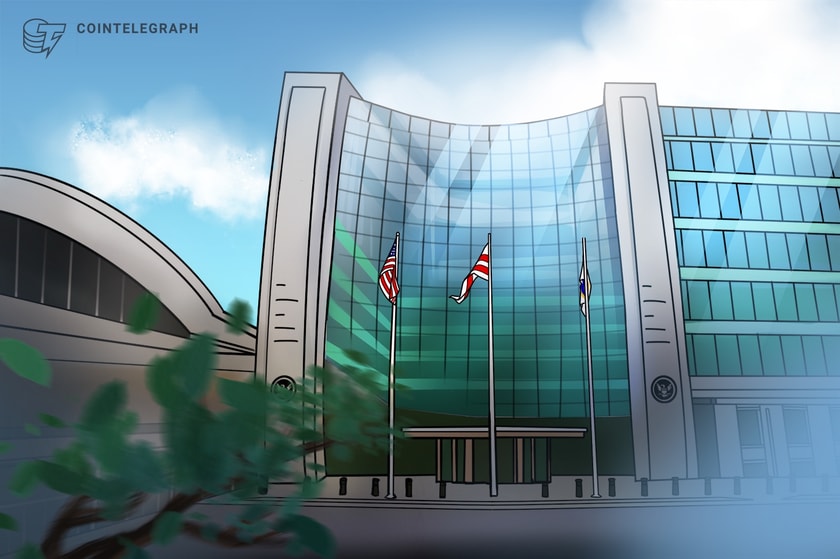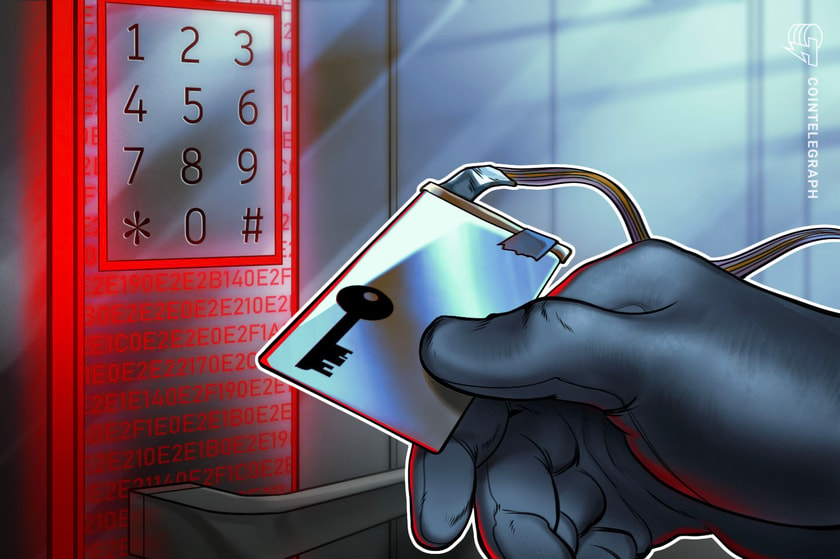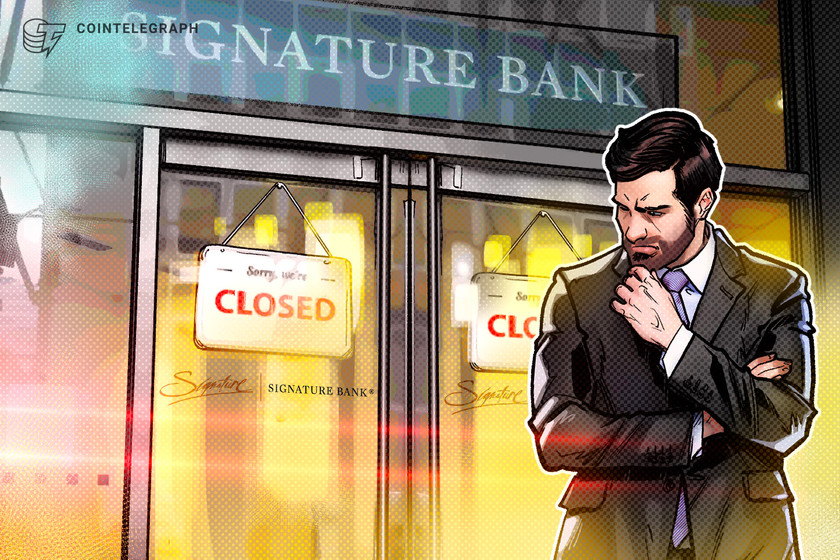Cointelegraph’s website has become widely inaccessible in Russia as authorities added the domain to a registry of blacklisted sites.
The blacklist
Although Cointelegraph has been publicly on a list of blocked sites since 2017, it was only yesterday, October 16, that the Russian Federal Service for Supervision of Communications, Information Technology and Mass Media, more commonly known as Roskomnadzor, implemented the block on a technical level.
The developer of a popular Russian anti-censorship browser extension, who wishes to remain anonymous for security reasons, confirmed the block to Cointelegraph. “The URL was added to Roskmonadzor’s blacklist file mailed to ISPs yesterday,” the developer told Cointelegraph. “It’s an XML file that’s privately distributed among ISPs so that they can enable blocking.” The relevant section of the file reads as follows:

“Why this website was only added recently — I don’t know,” the developer added.
Johann Bihr, the head of the Eastern Europe & Central Asia Desk at Reporters Without Border, told Cointelegraph: “The blocking of your website is one more sign that Russia’s online censorship system is becoming more powerful.”
The readers
Cointelegraph has checked with many Russia-based readers, and most of them are unable to access the site. Some readers have retained access, while still others are seeing periodic outages on Cointelegraph’s site, suggesting that not all ISPs have fully implemented the updated XML file.
For its part, Roskomnadzor and regulators at large have not provided an explanation as to why they recently decided to enforce the block on Cointelegraph, but it follows a general trend of a more assertive internet censorship policy.
Other blocks from Roskomnadzor
In April of last year, Roskomnadzor took issue with encrypted messaging application Telegram, blocking 20 million IP addresses in the Russian Federation in an effort to stamp out use of the app. Those efforts were largely regarded as unsuccessful.
Johann Bihr explained to Cointelegraph:
“Since their largely failed Telegram blocking last year, the Russian authorities have been actively working to enhance their online censorship system. A major turning point was the ‘Sovereign Internet’ law signed by President Putin on 1 May, which is taking Russia much closer to the Chinese model. This law will be implemented gradually from 1 November onwards, and Roskomnadzor has been installing and testing these new tools in the past few months.”
In 2015, Roskomnadzor blocked seven websites involved in crypto, including bitcoin.org.
A 2016 ruling against storage of Russian citizens’ data outside of the country led to a Roskomnadzor block on LinkedIn that continues to this day.









